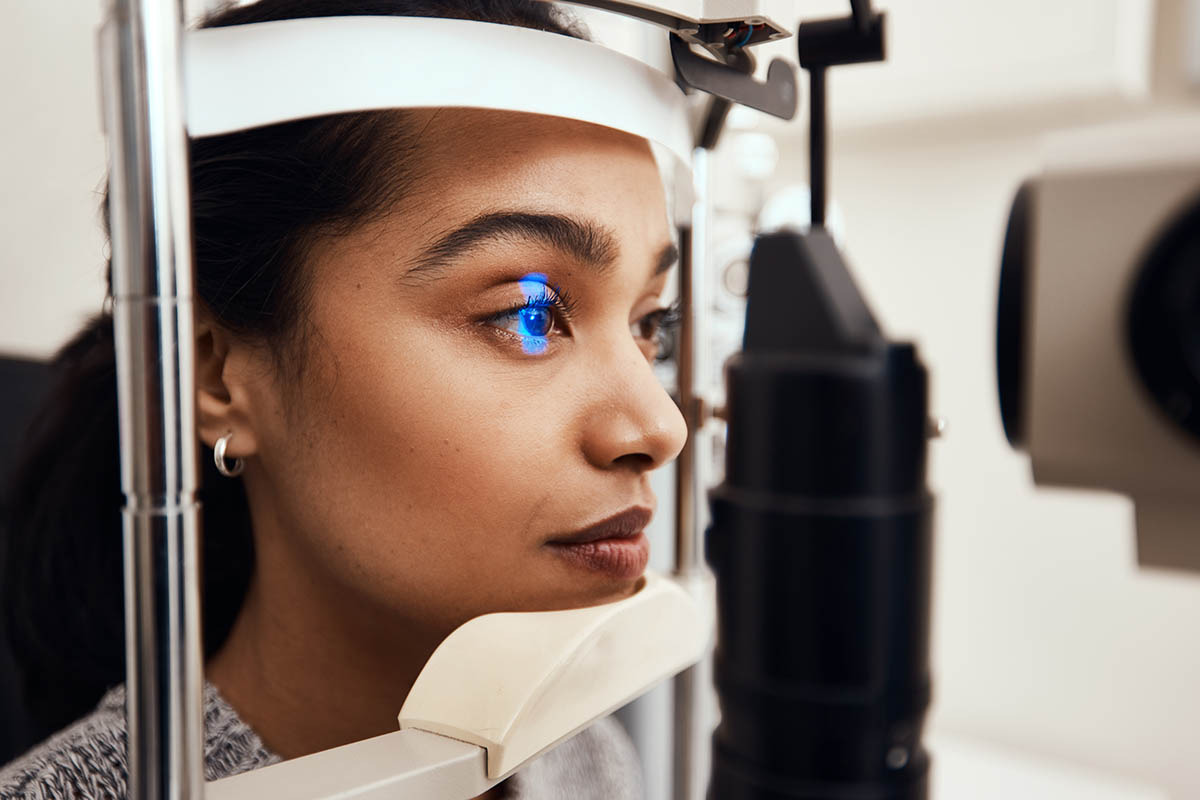-Centers for Disease Control and Prevention
Vision health isn’t just about how clear/far you can see. The National Institutes of Health recommends regular dilated eye exams, which include tests for:
- visual acuity (clarity)
- peripheral vision
- eye muscle function
- pupil response
- tonometry (pressure)
- dilation to look at the inner parts of your eye.
Frequency depends on your risk factors and your doctor’s recommendation. Generally, you should get a dilated eye exam every 1-2 years if you: have a family history of glaucoma, are African American and over age 40, or are over age 60; more often if you have diabetes or high blood pressure.
The CDC warns of 4 common diseases that can cause partial vision loss or even blindness. They are:
- Cataracts, cloudy lenses
- Diabetic Retinopathy, damage to blood vessels in the eye
- Glaucoma, optic nerve damage
- Macular Degeneration, age-related breakdown of light-sensitive tissue in the eye
Early diagnosis and treatment are vital. With most American adults needing vision improvement, at a rate of 3 to 1, regular eye exams are crucial reasons for getting (or keeping) vision insurance.











